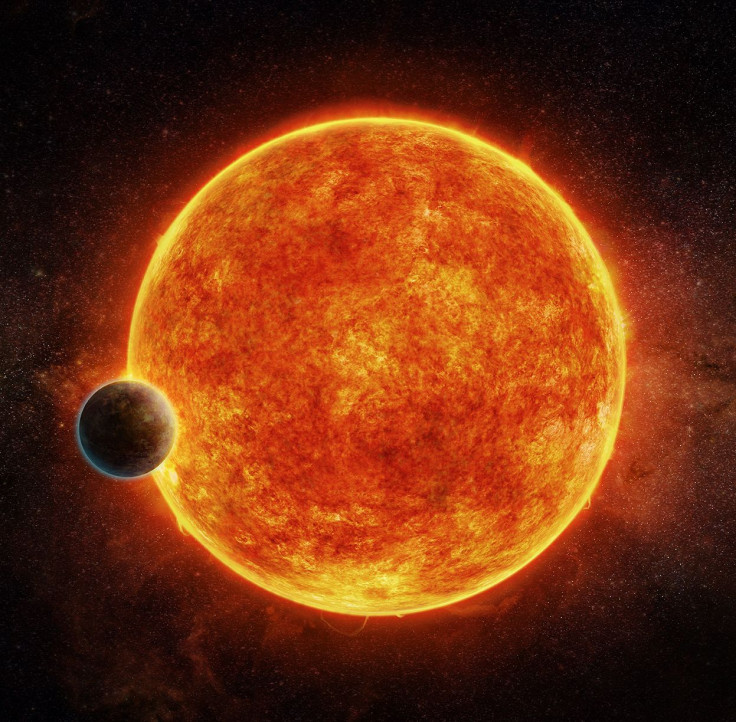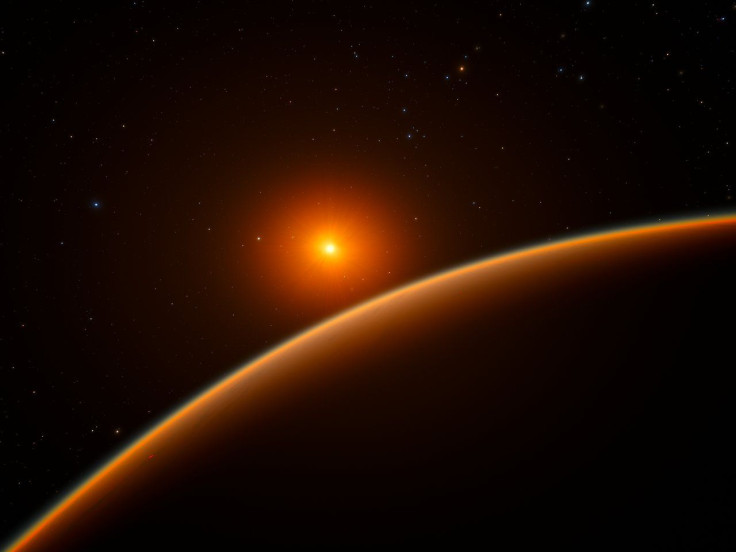A Planet Like Earth: Astronomers Find Nearby Exoplanet That Could Host Alien Life

There might be another Earth out there, and its name is LHS 1140b. It’s not too catchy, but it could be the best candidate for finding alien life in our galactic neighborhood in the reasonable future.
According to Harvard’s MEarth Project, which searches the universe for potentially habitable exoplanets, the rocky planet LHS 1140b orbits a star that is only 40 light years away. One of the key similarities between it and our own orb that we call home is that it “receives similar amounts of energy from its star that Earth does from the Sun, which means it may have liquid water on its surface.”

The European Southern Observatory is calling it a “super-Earth” because the planet is both larger and heavier than Earth — its radius is about 40 percent greater than our planet and it is 6.6 times more massive.
The star it orbits is a red dwarf, a group of the smallest and lowest temperature stars, in the constellation Cetus and is only about one-fifth the size of our Sun. But the smaller size of the star is offset by its proximity. According to the ESO, the exoplanet orbits 10 times closer to its host than Earth does to the Sun, so it still falls within that solar system’s “habitable zone,” where the planet is not too close for water to turn into gas or too far that it turns to ice.
Read: Alien “Super-Jupiter” Orbits a Cool Star
In a paper detailing the discovery, the researchers also say they believe the planet has an atmosphere, adding that both star LHS 1140 and planet LHS 1140b are so close to Earth that “telescopes currently under construction might be able to search for specific atmospheric gases in the future.”
The planet may be 5 billion years old, which is just slightly older than Earth.
“This is the most exciting exoplanet I’ve seen in the past decade,” lead author and Harvard staffer Jason Dittmann said in the ESO statement. “We could hardly hope for a better target to perform one of the biggest quests in science — searching for evidence of life beyond Earth.”
When scientists search for extraterrestrial life, they are usually looking for planets that have conditions similar to Earth. That includes a certain temperature range and liquid water. Although it sounds arrogant to assume alien life forms would need similar conditions as humans and other Earthlings to survive, scientists have pointed out that the most crucial elements to sustain life on our planet, such as carbon, hydrogen and oxygen, are also the most abundant elements in the entire universe.
See also:
© Copyright IBTimes 2025. All rights reserved.




















